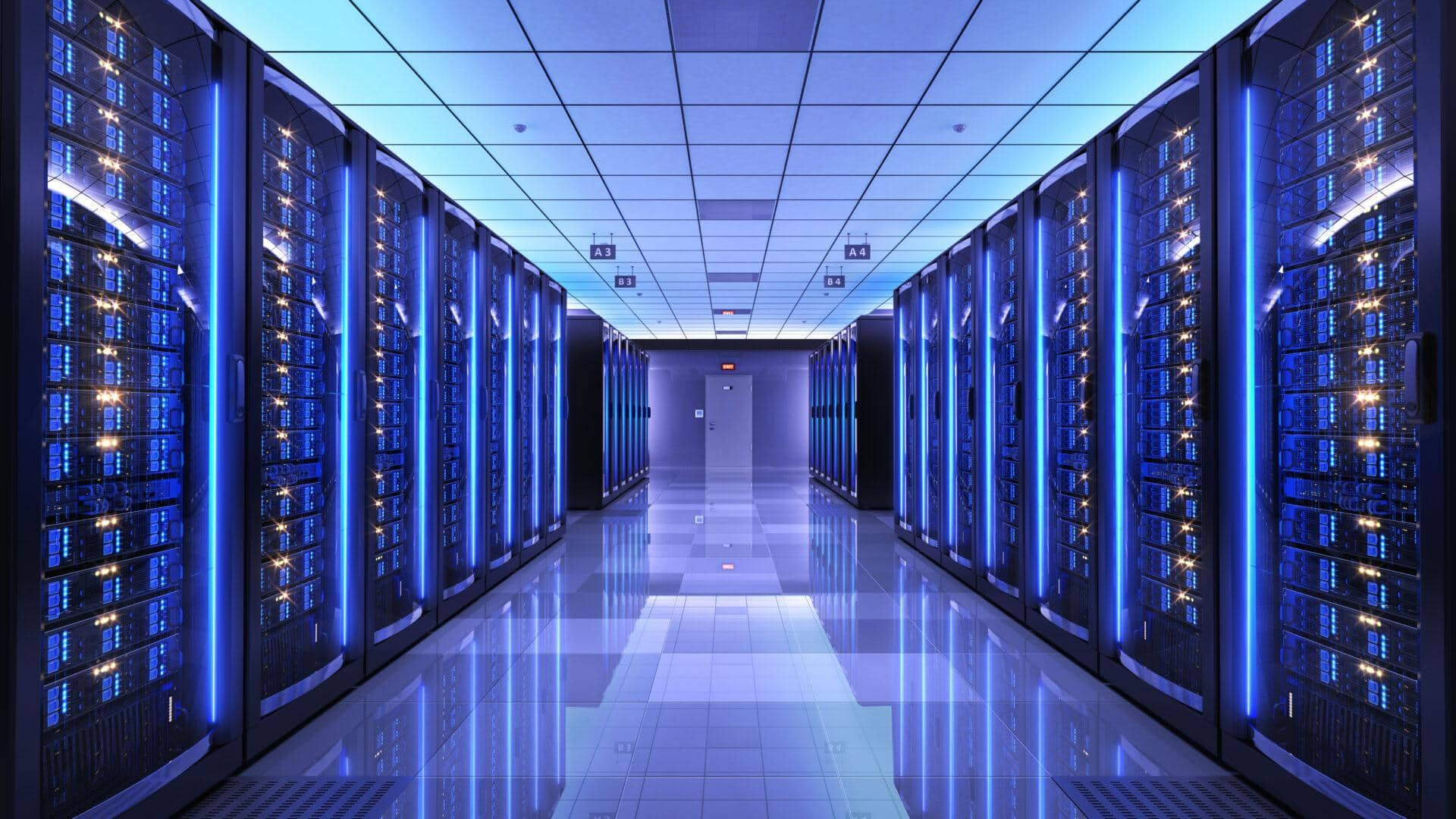
Your power bill might go up. Reason? Data centers
What's the story
A recent survey commissioned by solar installer Sunrun has revealed that 80% of the consumers are worried about the impact of data centers on their utility bills. The concerns stem from a rise in electricity demand in the US over the last five years, particularly among commercial users including data centers.
Consumption surge
Data centers' energy consumption
According to the US Energy Information Administration (EIA), data centers now account for some 4% of the country's electricity consumption, more than double their share in 2018. The Lawrence Berkeley National Laboratory predicts this figure could rise to between 6.7% and 12% by 2028. This sharp increase is partly due to the rapid expansion of AI technology and its associated data center infrastructure.
Energy solutions
Renewable energy sources
The surge in electricity consumption has been met by an increase in capacity from renewable sources like solar and wind power, as well as grid-scale battery storage. Big tech companies have signed large contracts for new utility-scale solar projects, drawn by the low cost and speed of these energy sources. The EIA expects renewables to dominate new generating capacity at least through next year.
Supply issues
Natural gas supply issues
Natural gas, another energy source favored by data center operators, has not been able to meet the rising demand. Most of the new supplies have gone toward exports rather than the domestic market. Electricity generators' consumption jumped by 20% between 2019 and 2024 while exporters consumed a whopping 140% more. New natural gas power plants won't be ready in time either as they take some four years to complete.
Backlash brewing
Backlash against AI technology
The growing electricity demand, particularly from data centers and industrial users, has put pressure on energy prices. This could lead to a potential backlash against AI technology, which is often blamed for the rising demand. A Pew survey found more people are worried about the tech than excited about it. The concern is further compounded by employers using AI as a cost-cutting tool rather than improving employee productivity.